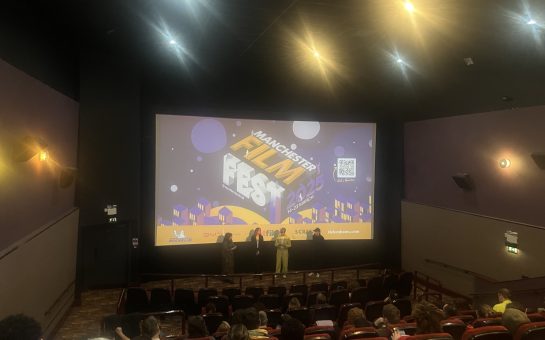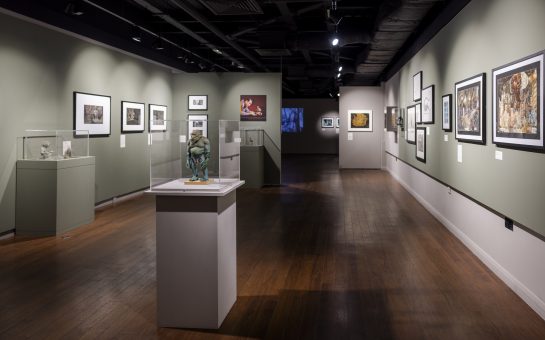Pawel Pawlikowski’s black-and-white depiction of a young nun’s trawl through her secret family’s dark past is perfect in almost every way.
At only 82 minutes, Ida manages to tightly pack together a gripping story with a commentary on a number of diffuse themes – war, the holocaust, sexual revolution and religion – to make one truly remarkable package.
Set in early ‘60s Poland, Ida centres on teenage nun Anna (Agata Trzebuchowska), who was left as a baby in 1945 at the convent she now calls home.
The first few minutes of the film are used to wordlessly explain Anna’s daily routine; pray, lug a statue of Christ into the snow-filled courtyard, eat dinner in silence, repeat.
Anna is told by the Mother Superior that before she can take her final vows she must meet with her only surviving relative, an aunt. Wanda Gruz (Agata Kulesza) is a sour, chain-smoking former state prosecutor with links to the Stalinist regime of the ‘new Poland’.
After spending a short, uncomfortable time together Wanda reveals to Anna that her name is actually Ida Lebenstein (hence the title) and she is Jewish. Ida was orphaned by the Holocaust and Wanda suggests they travel to the place of her birth to find out what exactly became of the Lebensteins.
—————–
Ida is now showing at Cornerhouse in Manchester. For more information click here.
—————–
Their emotional journey has a profound effect on both women, but whereas Wanda is driven to the bottle, Ida is strangely liberated. As a strong women crumbles, her once-painfully introverted niece blossoms.
At face value the two women appear to be polar opposites, but dig beneath the surface and it becomes clear they are cut from the same cloth; both are strong, resolute, self-reliant women. Ida’s time with her aunt allows her to explore a new identity as a woman in a rapidly-changing country.
While newcomer Trzebuchowska is silently impressive in the lead role, it’s Aunt Wanda who stands out. She’s a tough, successful, witty woman but Kulesza’s performance shows enough of her character’s intense vulnerability to really grasp the viewer.
The audience becomes wholeheartedly invested in Wanda and bearing witness to her emotional breakdown, of which she spends the entire film on the cusp, is exquisitely painful.
Shot entirely in monochrome (perfect for Trzebuchowska’s huge, dark eyes), Ida feels like a remake of a 50-year-old classic, a feat few such films pull off.
But possibly the most remarkable thing about Ida is that despite its strong themes it refuses to be defined by any of them.
It’s not a holocaust movie, it’s not about religion and it’s not a historical look at female emancipation. And yet it’s each of those layers that gives the underlying story much of its traction.
Ida is a real gem, and although Eastern European cinema is ripe with engaging dramas, this is a definite classic. And if there’s a more powerful film this year, I’ve yet to see it.
Ida is now showing at Cornerhouse in Manchester. For more information click here.



